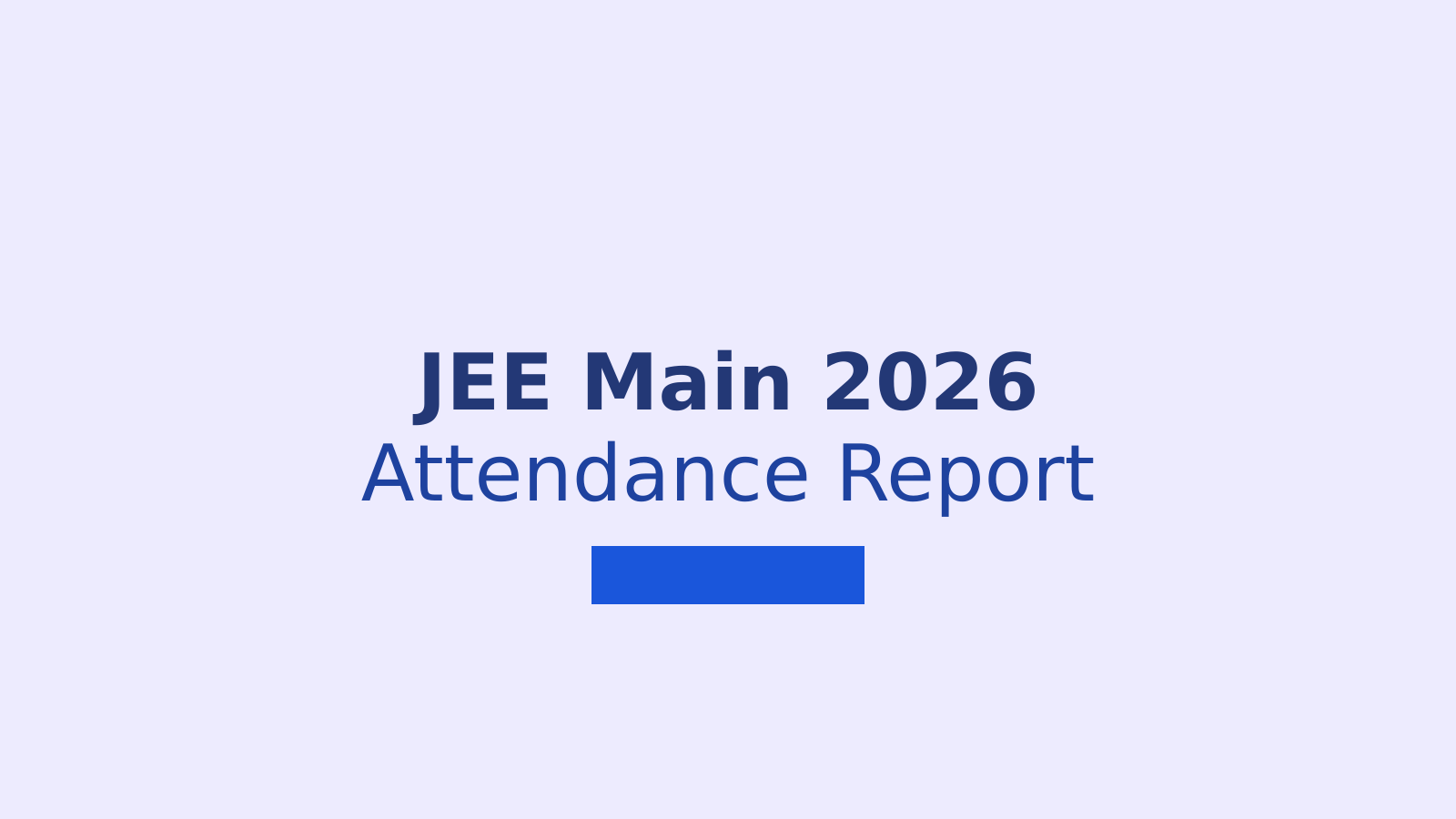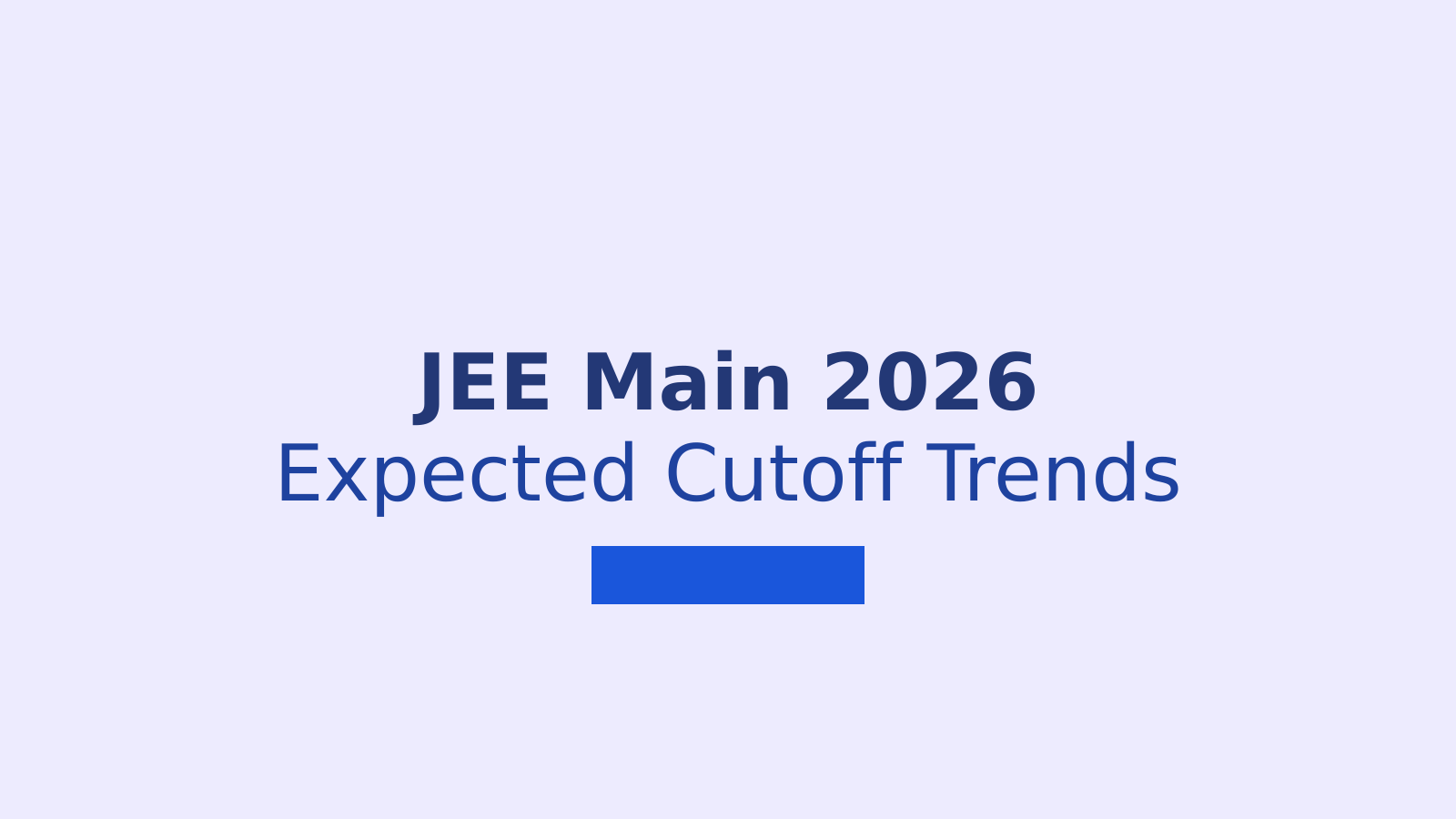Effective SEO Strategies for Coaching and School Websites
Want to boost your coaching or school website's online presence? 🚀 Uncover the untold secrets of SEO and skyrocket your site to success with these effective strategies.
Sunil Kumar

A coaching/school website is a critical tool for reaching out to potential students, parents, and other stakeholders. However, creating a website is not enough. You need to optimize your website for search engines to increase your visibility and attract more visitors. This is where Search Engine Optimization (SEO) comes in.
SEO refers to the process of improving your website's visibility on search engine results pages (SERPs). A good SEO strategy involves various techniques such as keyword research, on-page optimization, link building, and content creation. By implementing these techniques, you can improve your website's ranking on SERPs and attract more traffic.
For coaching/school websites, having a good SEO strategy is essential as it helps you to reach out to potential students and parents who are searching for educational services online. In this article, we will discuss some of the best SEO practices that you can implement to improve the visibility of your coaching/school website.
Understanding SEO Fundamentals

When it comes to optimizing a coaching or school website for search engines, there are a few fundamental principles that should be kept in mind. These principles form the foundation of good SEO strategy and should be followed to ensure that the website ranks well in search engine results pages (SERPs).
Keyword Research
Keyword research is the process of identifying the words and phrases that people use when searching for information related to your coaching or school website. By understanding the keywords that people use to find your website, you can optimize your website's content to better match those search queries.
To conduct keyword research, there are a number of tools available, such as Google Keyword Planner, SEMrush, and Ahrefs. These tools can help you identify the most relevant keywords for your website and provide data on search volume, competition, and other metrics.
SEO-Friendly Website Structure
An SEO-friendly website structure is one that is easy for search engines to crawl and index. This means that the website should have a clear hierarchy and structure, with pages organized into logical categories and subcategories.
To achieve an SEO-friendly website structure, it's important to use descriptive URLs, header tags, and internal linking. These elements help search engines understand the content of your website and how it's organized.
Content Quality and Relevance
Content quality and relevance are two key factors that search engines consider when ranking websites. High-quality content that is relevant to the search query is more likely to rank well in SERPs.
To create high-quality, relevant content, it's important to conduct thorough research and provide valuable information to your audience. This can be achieved through blog posts, articles, videos, and other forms of content.
By following these fundamental principles of SEO, coaching and school websites can improve their visibility in search engine results pages and attract more traffic to their website.
On-Page Optimization Techniques

On-page optimization is the process of optimizing individual web pages to rank higher and earn more relevant traffic in search engines. It involves optimizing both the content and HTML source code of a page.
Meta Tags and Descriptions
Meta tags are HTML tags that provide information about a web page to search engines and website visitors. The most important meta tags for SEO are the title tag and meta description.
The title tag is the main heading that appears in search engine results pages (SERPs). It should be concise, descriptive, and include the primary keyword for the page. The recommended length is 50-60 characters.
The meta description is a brief summary of the page's content that appears below the title tag in SERPs. It should also include the primary keyword and be written to entice users to click through to the page. The recommended length is 150-160 characters.
Image Optimization
Images can greatly enhance the user experience on a website, but they can also slow down page load times if not optimized properly. Here are some tips for optimizing images for SEO:
- Use descriptive file names and alt tags that include the primary keyword for the page
- Compress images to reduce file size without sacrificing quality
- Use the appropriate file type (JPEG for photographs, PNG for graphics)
- Use responsive images that scale to fit different screen sizes
Internal Linking Strategy
Internal linking refers to linking to other pages within your own website. A good internal linking strategy can help search engines understand the structure of your website and improve user navigation. Here are some tips for creating a strong internal linking strategy:
- Link to relevant pages within your own website using descriptive anchor text
- Use a hierarchical structure with a clear homepage and main navigation menu
- Use breadcrumbs to show users where they are on your website
- Use internal links to promote important pages and content
By implementing these on-page optimization techniques, a coaching or school website can improve its search engine rankings and attract more relevant traffic.
Off-Page SEO Elements

Off-Page SEO refers to all the activities that take place outside of a website to improve its ranking on search engine results pages (SERPs). Here are some essential Off-Page SEO elements that can help coaching and school websites improve their SERP rankings.
Backlink Profile Development
Backlinks are links from external websites that point to a website. Search engines consider backlinks as votes of confidence, and the more high-quality backlinks a website has, the higher its authority and ranking on SERPs.
To develop a strong backlink profile, coaching and school websites should create high-quality content that other websites would want to link to. They can also reach out to other websites in their niche and request backlinks. However, it is essential to ensure that the backlinks come from reputable and relevant websites, as low-quality backlinks can hurt a website's ranking.
Social Media Integration
Social media platforms are an excellent way to promote coaching and school websites and generate backlinks. By integrating social media into their Off-Page SEO strategy, schools and coaching websites can improve their online presence and reach a broader audience.
They can create social media profiles on popular platforms like Facebook, Twitter, and Instagram and share their content regularly. This can help generate social signals, which are an essential Off-Page SEO element. Social signals are likes, shares, and comments on social media posts that indicate a website's popularity and relevance.
Local SEO for Schools and Coaching
Local SEO is a crucial Off-Page SEO element for schools and coaching websites that want to attract local students. By optimizing their website for local search, they can improve their visibility on SERPs and attract more traffic.
To optimize their website for local search, schools and coaching websites should create a Google My Business profile and ensure that their NAP (Name, Address, Phone Number) information is consistent across all online directories. They can also create local content that targets local keywords and phrases and encourages local backlinks.
In conclusion, Off-Page SEO elements like backlink profile development, social media integration, and local SEO can help coaching and school websites improve their SERP rankings and attract more traffic. By implementing these elements into their SEO strategy, they can increase their online visibility and reach a broader audience.
Performance Tracking and Analytics

When it comes to SEO for coaching and school websites, tracking and analyzing performance is crucial to ensure that the website is achieving its goals. This section will cover some key aspects of performance tracking and analytics.
Google Analytics Setup
Setting up Google Analytics is the first step in tracking website performance. It is a free tool that provides valuable insights into website traffic, user behavior, and more. By using Google Analytics, coaches and school administrators can track the effectiveness of their SEO strategies and make data-driven decisions to improve their website's performance.
To set up Google Analytics, one needs to create an account, add a tracking code to the website, and configure the settings to track the desired metrics. Once set up, it is important to regularly check the data and adjust strategies accordingly.
SEO Performance Metrics
There are several metrics that coaches and school administrators should track to evaluate their website's SEO performance. These include:
- Organic Traffic: This refers to the number of visitors who come to the website through organic search results. An increase in organic traffic indicates that the website is ranking higher for relevant keywords.
- Bounce Rate: This is the percentage of visitors who leave the website after viewing only one page. A high bounce rate may indicate that the website is not providing relevant or engaging content.
- Conversion Rate: This is the percentage of visitors who complete a desired action, such as filling out a contact form or making a purchase. A high conversion rate indicates that the website is effectively engaging its target audience.
By tracking these metrics, coaches and school administrators can identify areas for improvement and make data-driven decisions to optimize their website's performance.
Regular SEO Audits
In addition to tracking performance metrics, coaches and school administrators should conduct regular SEO audits to ensure that their website is optimized for search engines. An SEO audit involves analyzing the website's content, structure, and other factors to identify areas for improvement.
During an SEO audit, one should evaluate the website's keyword usage, meta tags, internal linking structure, and more. By identifying areas for improvement, coaches and school administrators can make changes to improve their website's ranking and visibility in search engine results.
In conclusion, tracking and analyzing website performance through tools like Google Analytics and conducting regular SEO audits are essential for effective SEO strategies for coaching and school websites. By using data-driven insights to optimize their website's performance, coaches and school administrators can attract more visitors, engage their target audience, and achieve their goals.


-1769344562425549.png)
